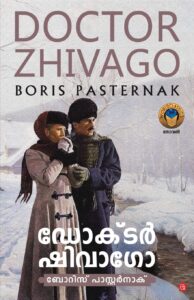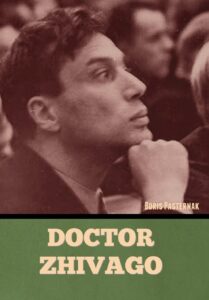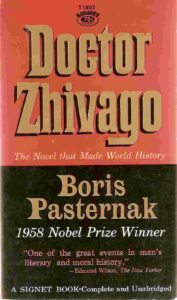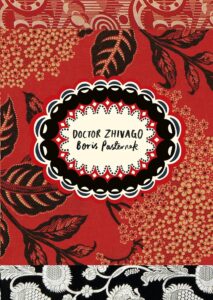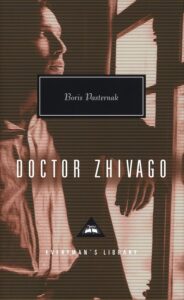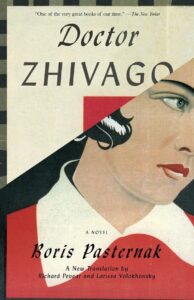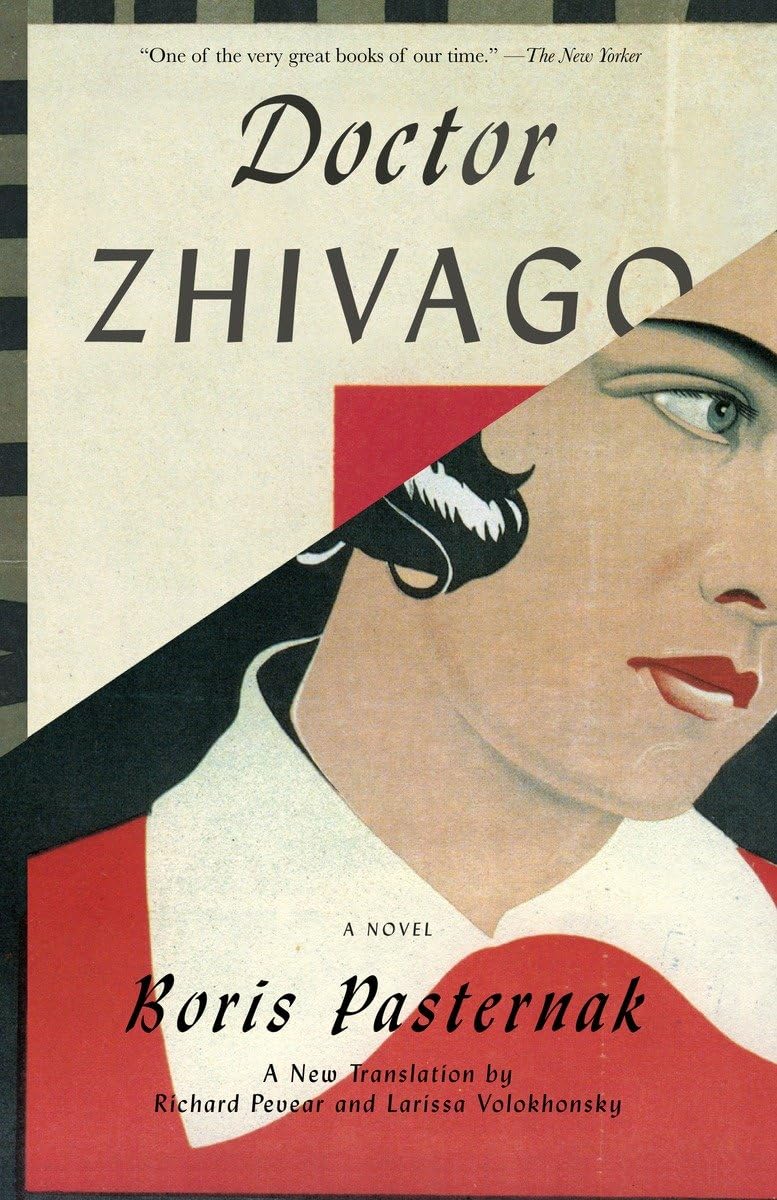When Doctor Zhivago was first completed in the 1950s, it was immediately banned in the Soviet Union. Authorities objected to its portrayal of the Russian Revolution and the years that followed, believing the novel was critical of the Bolsheviks and the Communist regime. The book presented the upheaval not as a glorious triumph but as a time of personal loss, suffering, and moral struggle. To Soviet censors, this perspective was dangerous, undermining the official narrative of the revolution as a heroic and necessary victory.
Because it could not be published in Russia, the manuscript was smuggled out and printed in Italy in 1957. Soon after, copies of the novel were secretly circulated back into the Soviet Union, making it a symbol of resistance against censorship. In 1958, Pasternak was awarded the Nobel Prize in Literature, which infuriated Soviet authorities. Under immense political pressure, he was forced to decline the prize, an event that made headlines around the world and turned Doctor Zhivago into not just a novel but a political statement.
Boris Pasternak, born in 1890, was already a celebrated Russian poet before writing his famous novel. He came from a creative family, with a father who was a painter and a mother who was a pianist. Pasternak’s writing was deeply influenced by his love of art, philosophy, and human emotion. Unlike the rigid political prose encouraged by the Soviet system, his work focused on individual experience, spirituality, and the complexity of life. Doctor Zhivago was the culmination of these ideas, blending history with intimate human stories.
The novel tells the story of Yuri Zhivago, a physician and poet, whose life is torn apart by the Russian Revolution and Civil War. At its center is not just politics, but the love story between Yuri and Lara, a woman he meets during these turbulent years. Their relationship unfolds against the backdrop of war, hunger, and the destruction of old Russia. Pasternak uses Yuri’s struggles to reflect on the broader conflict between individual freedom and the forces of history, making the novel both deeply personal and politically charged.
Today, Doctor Zhivago stands as one of the most important banned books of the 20th century. It reminds us how literature can become a weapon in the struggle for truth and freedom. More than just a love story, it is a meditation on survival, hope, and the human spirit’s refusal to be silenced by ideology. Its history shows how powerful a novel can be when it dares to challenge the narratives imposed by those in power.
